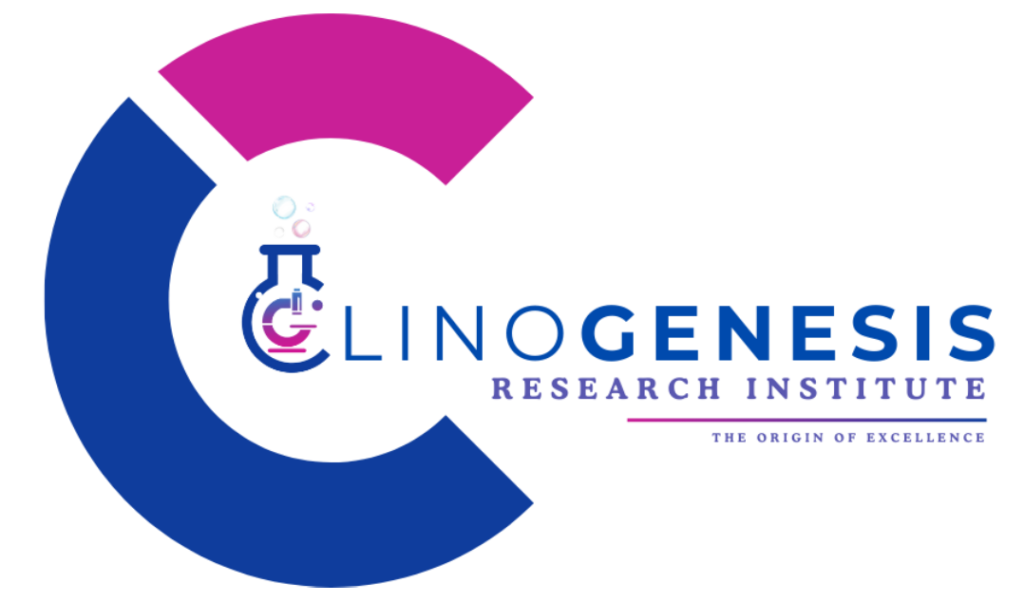Clinical trials are the backbone of medical advancements, bringing new treatments and drugs to the market. However, they face critical challenges—data manipulation, lack of transparency, inefficiencies in data sharing, and patient privacy concerns.
Enter blockchain technology in clinical trials—a game-changer that offers unparalleled security, decentralisation, and real-time data validation. But how exactly does it work, and what does it mean for the future of clinical research? Let’s explore!
What is Blockchain Technology and How Does it Apply to Clinical Trials?
Blockchain is a decentralised, immutable digital ledger that records transactions securely across multiple nodes. Once data is entered, it cannot be altered, ensuring transparency and trust.
How Does Blockchain Work in Clinical Trials?
- Decentralised Data Storage: Patient data is stored on multiple nodes, eliminating a single point of failure.
- Smart Contracts: Automate trial processes, ensuring compliance without intermediaries.
- Immutable Data: Once recorded, data cannot be changed, reducing fraud.
- Real-Time Access: All stakeholders—researchers, regulators, and sponsors—can access updated trial information.
According to a study by Nature Medicine, blockchain in clinical trials improves data integrity and reduces inconsistencies, making research more reliable.
Why is Blockchain Technology in Clinical Trials Important?
Blockchain isn’t just a buzzword—it solves real-world problems in clinical trials. Here’s why it matters:
1. Prevents Data Manipulation & Fraud
Clinical trials involve massive datasets. Any discrepancy, intentional or accidental, can impact research results. Blockchain ensures that once data is entered, it remains tamper-proof.
Example: If a pharma company attempts to alter results to favour a drug, blockchain prevents unauthorized changes, maintaining trial integrity.
2. Enhances Patient Privacy & Consent Management
One major concern in clinical trials is patient privacy. With blockchain, patients have control over who accesses their data.
How?
- Patients can grant or revoke access using cryptographic keys.
- Informed consent processes are securely recorded on the blockchain.
3. Improves Data Sharing & Collaboration
Traditionally, data silos slow down research. Blockchain enables seamless data sharing among hospitals, research institutions, and regulators.
4. Faster & More Cost-Effective Trials
Manual processes in clinical trials lead to delays and high costs. Blockchain-powered smart contracts automate administrative tasks, reducing time and expenses.
How Blockchain is Revolutionising Clinical Research: Key Use Cases
1. Drug Traceability & Supply Chain Monitoring
Counterfeit drugs are a global concern. Blockchain helps track a drug’s journey from development to distribution, ensuring authenticity.
2. AI & Bioinformatics Integration
Institutes like ClinoGenesis, which specialize in clinical research, bioinformatics, and medical coding, are integrating blockchain with AI to analyse vast datasets efficiently. This accelerates precision medicine and personalised treatments.
3. Regulatory Compliance & Auditing
Regulatory bodies require transparency. Blockchain automatically records timestamps, making audits more efficient and reliable.
“Regulatory compliance is a key challenge, and blockchain is the perfect solution for accurate record-keeping,” says a clinical research expert at ClinoGenesis.
4. Patient Recruitment & Retention
Recruiting patients for trials is often slow. Blockchain-powered identity verification speeds up recruitment while ensuring eligibility criteria are met.
Challenges of Implementing Blockchain in Clinical Trials
While promising, blockchain in clinical trials faces challenges:
- Regulatory Barriers: Governments need to standardise blockchain policies.
- Integration with Existing Systems: Many healthcare systems still rely on traditional databases.
- Data Storage Limitations: Blockchain is not ideal for storing large medical images or files.
- Adoption Resistance: Many institutions are hesitant to transition to new technology.
However, institutions like ClinoGenesis are actively working on solutions, integrating blockchain with bioinformatics to improve research outcomes.
The Future of Blockchain in Clinical Trials
Blockchain technology is still evolving, but its potential is undeniable. Over the next decade, we can expect:
- More Blockchain-Powered Clinical Trial Platforms
- Global Standardisation of Blockchain Regulations
- Better AI Integration for Faster Data Analysis
- Improved Patient-Centric Trials with Decentralised Access
According to a report by PwC, blockchain could save the pharma industry $180 billion annually by improving operational efficiencies and reducing fraud.
Why Blockchain is the Future of Clinical Trials
From preventing fraud to enhancing transparency, blockchain technology in clinical trials is transforming the way research is conducted. While challenges remain, organisations like ClinoGenesis are pushing boundaries, ensuring that blockchain-driven research is ethical, secure, and efficient.
So, what do you think—will blockchain redefine clinical trials in the coming years?




